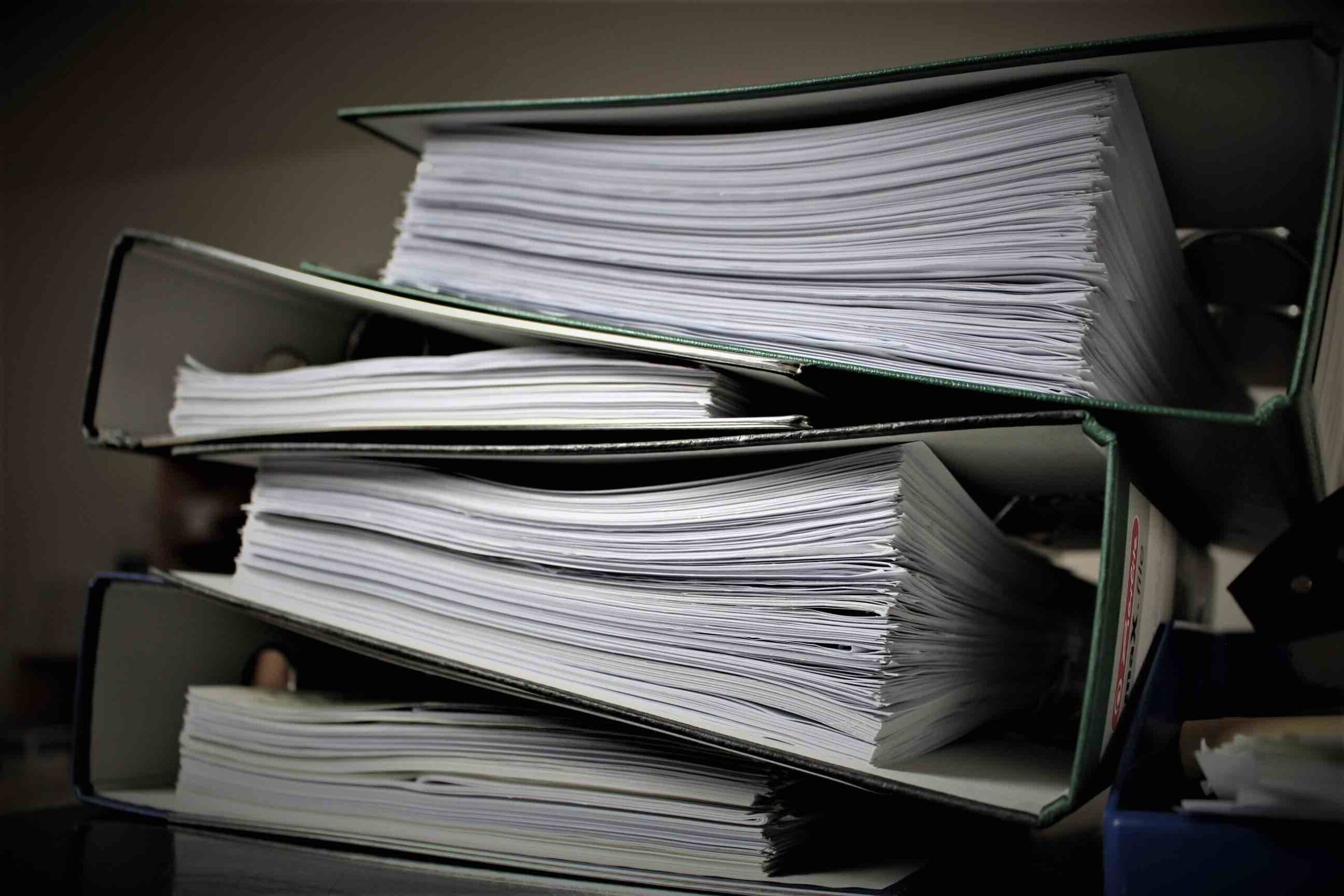Keeping accurate records of your finances is essential. If you’re a business owner or are self-employed, accurate financial records will help you complete a correct self-assessment. Records require adequate storage and management, but how long do you actually need to keep them for?
How long should you keep your records?
How long you should keep your records depends on your business status. For these purposes records can include sales documents, personal expenses, income reports, and any VAT or PAYE documentation, as applicable.
Self-employed/limited partnership
If you’re self-employed you should keep your financial records for a period of at least five years post January 31st of the relevant tax year.
Limited company
Most financial records and documents should be kept for a period of six years after January 31st of the relevant tax year. There are some documents that should be kept for up to ten, however, including statutory books, VAT MOSS records, and minutes/resolutions of board meetings.
Why do you need to keep records?
Keeping records is important for filing your self-assessment, but they’re also important afterwards too as you may find yourself in the position of having HRMC checking your records. If they want to clarify something in your tax return or to simply confirm what you have claimed is accurate, they will need to see your records. It’s up to you as a business owner or a self-employed person to have those records accessible for a reasonable period.
How do you keep records?
Keeping financial records can be difficult, as it requires effort and an orderly approach. This is where the services of a chartered accountant can come in very useful. They can give you the guidance required to process your finances and begin to store your records in an orderly manner. If you want extra peace of mind, they can even keep copies of your records for you to ensure they’re properly curated and accessible when necessary. This can also help save time and complications when it comes to filing self-assessments.
To learn more about keeping better financial records, contact the accountancy professionals at Harris Lacey & Swain today.









